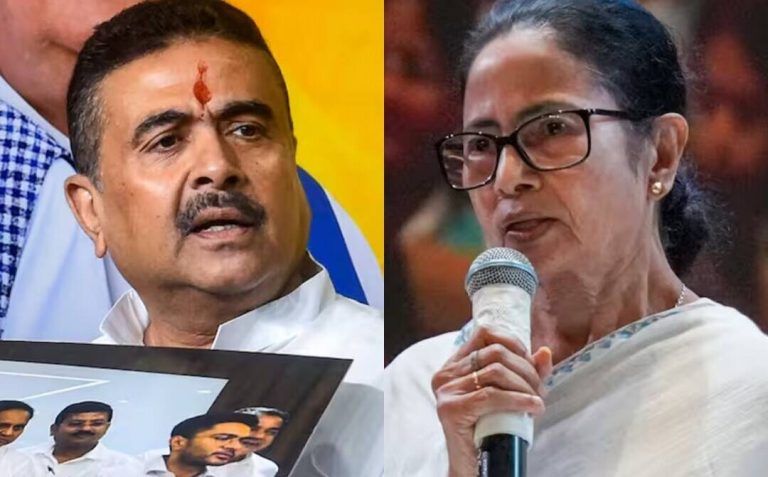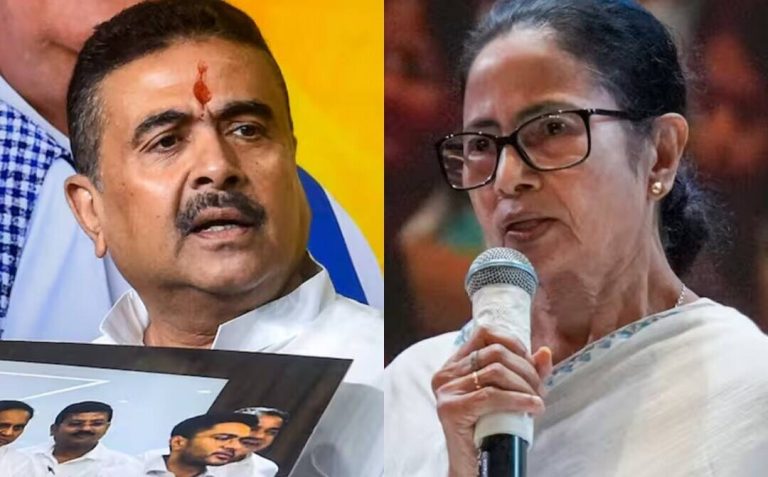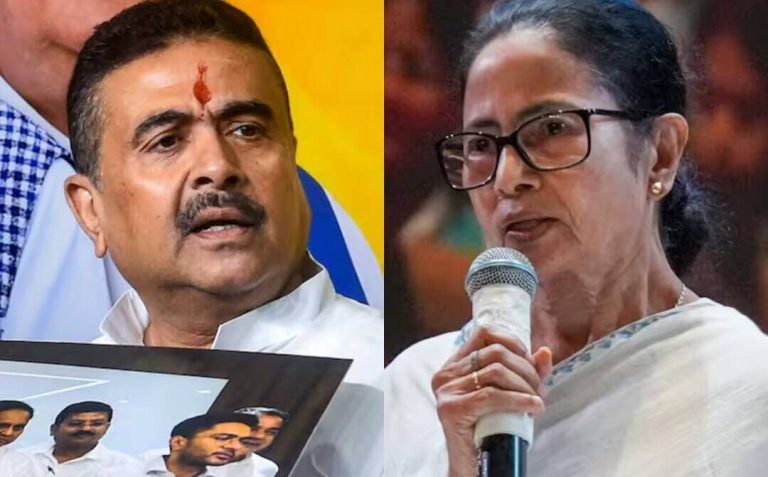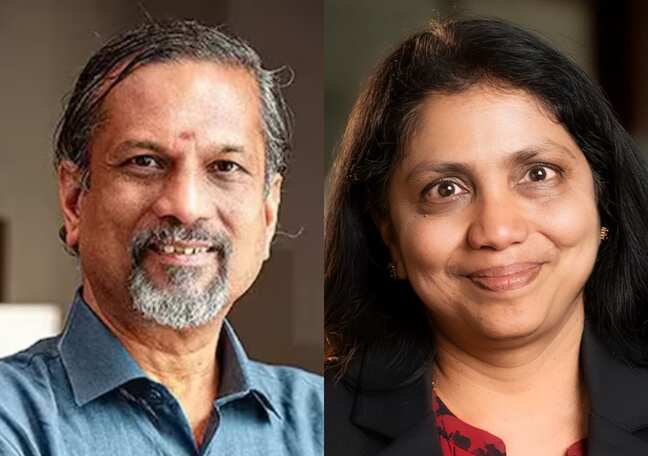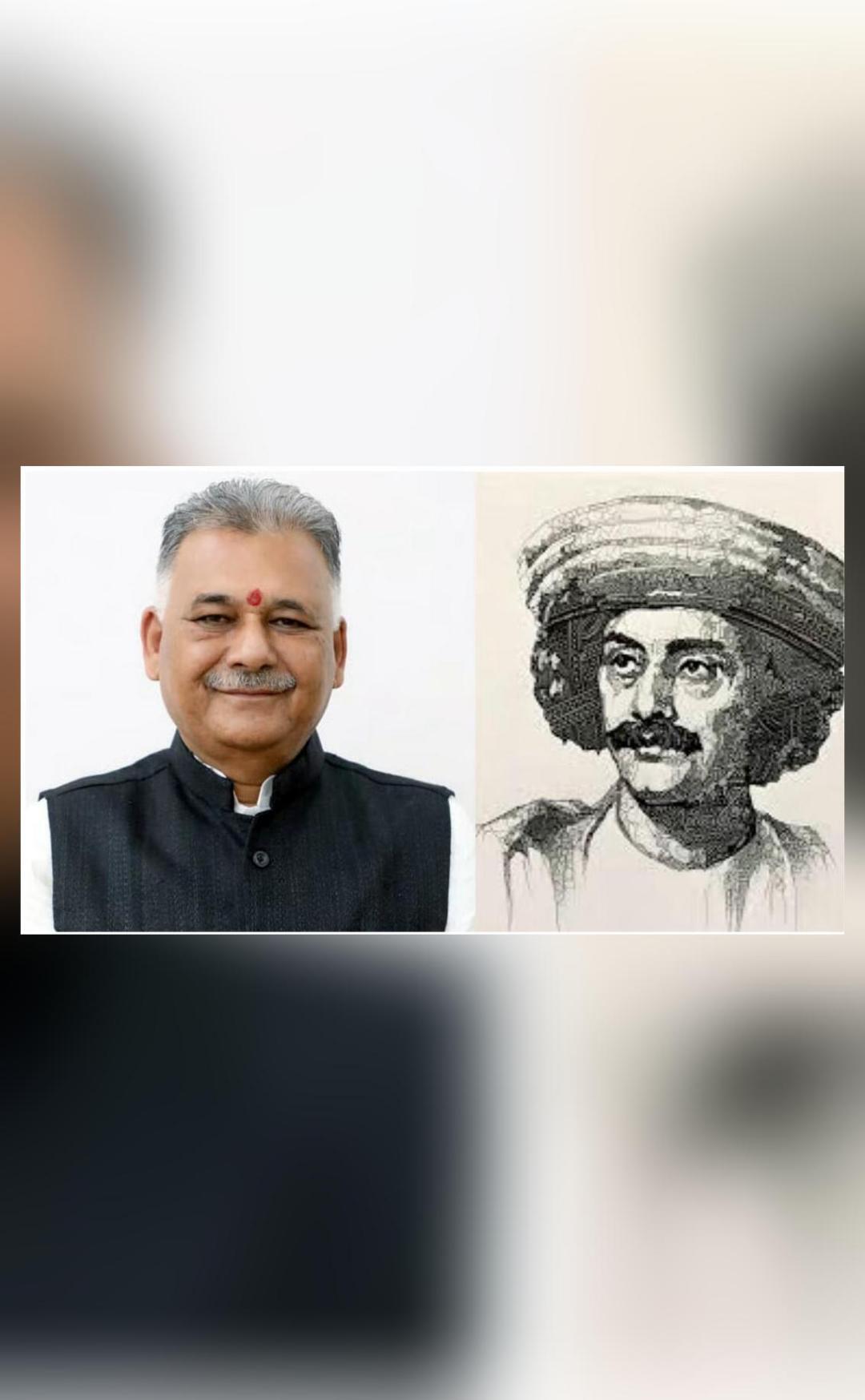
MP Education minister says Ram Mohan Roy British agent, sparks row
In a statement that has sent shockwaves throughout the country, Madhya Pradesh Higher Education Minister Inder Parmar has sparked a controversy by claiming that 19th-century social reformer Raja Ram Mohan Roy was a “British agent” who worked to divide Indian society along caste lines. This statement has not only raised eyebrows but has also triggered a row, with many questioning the minister’s understanding of history.
Raja Ram Mohan Roy is widely regarded as one of the most influential social reformers of the 19th century. He is often credited with being the “Father of the Bengal Renaissance” and is known for his tireless efforts to modernize Indian society. He was a key figure in the abolition of sati, a practice where a widow was forced to burn herself on her husband’s funeral pyre, and was also a strong advocate for women’s rights and education.
However, according to Minister Parmar, Roy’s intentions were not entirely pure. He claimed that the British had “enslaved” several Indian reformers, including Roy, and that they worked to divide Indian society along caste lines. This statement has been met with widespread criticism, with many accusing the minister of distorting history and undermining the contributions of a legendary social reformer.
Congress leader Bhupendra Gupta was quick to respond to Parmar’s statement, questioning his understanding of history and calling his remarks “shameful”. Gupta argued that Roy was a pioneer who worked tirelessly to bring about social change and that his contributions to Indian society cannot be diminished by baseless allegations.
The controversy surrounding Parmar’s statement has sparked a wider debate about the role of historical figures in shaping Indian society. While some have defended Roy’s legacy, others have used the opportunity to criticize the perceived shortcomings of the social reformer. However, the overwhelming consensus is that Roy’s contributions to Indian society are undeniable, and that his legacy should not be tarnished by unfounded allegations.
The timing of Parmar’s statement has also raised questions, with some speculating that it is a deliberate attempt to polarize public opinion and distract from more pressing issues. The Madhya Pradesh government has been facing criticism for its handling of various issues, including education and healthcare, and some have accused the minister of using the controversy to shift attention away from these problems.
As the debate surrounding Parmar’s statement continues to unfold, it is essential to separate fact from fiction and to approach the issue with a nuanced understanding of history. While it is true that the British colonial powers did use various tactics to divide Indian society, including exploiting caste divisions, it is unfair to reduce the complex legacy of Raja Ram Mohan Roy to a single label.
Roy’s contributions to Indian society are a testament to the power of social reform and the importance of challenging outdated practices. His advocacy for women’s rights, education, and social justice continues to inspire generations of Indians, and his legacy should be celebrated and honored, rather than diminished by unfounded allegations.
In conclusion, the controversy surrounding Minister Parmar’s statement is a reminder of the importance of understanding and respecting our history. While it is essential to acknowledge the complexities and challenges of the past, it is equally important to approach these issues with sensitivity and nuance. By doing so, we can work towards a more inclusive and equitable society, one that honors the contributions of legendary social reformers like Raja Ram Mohan Roy.
